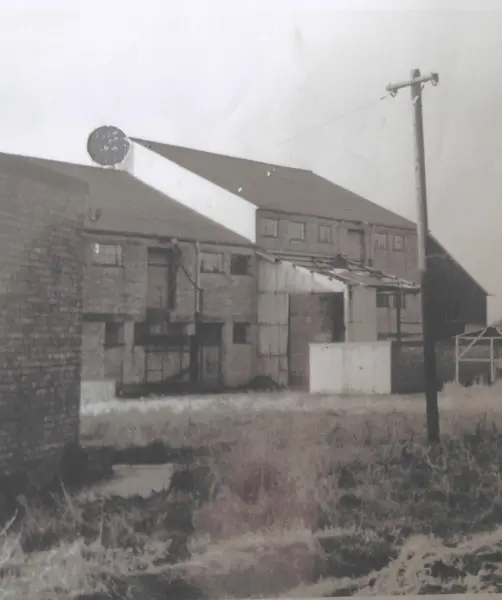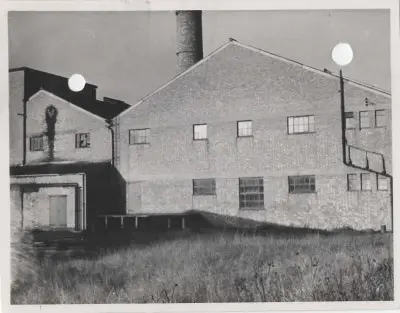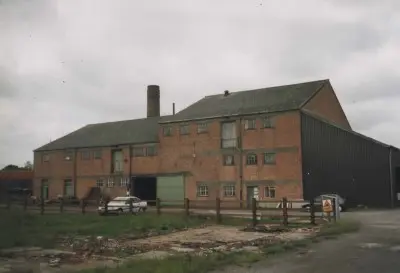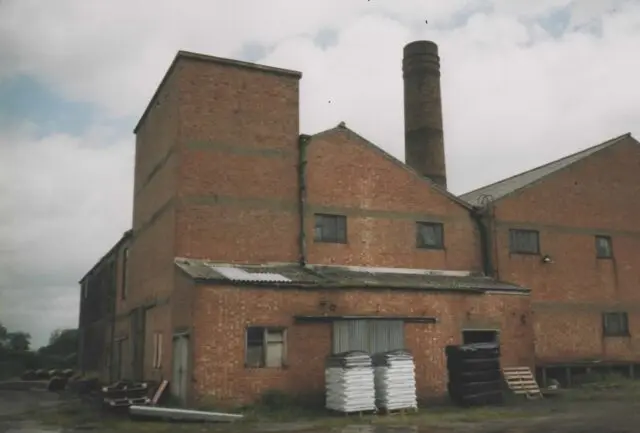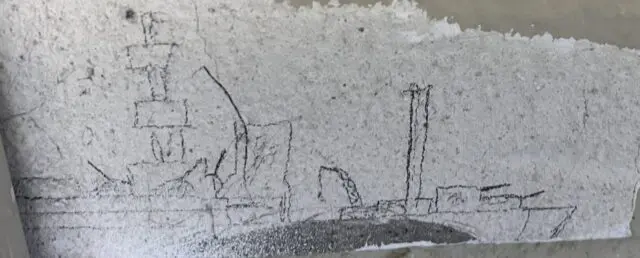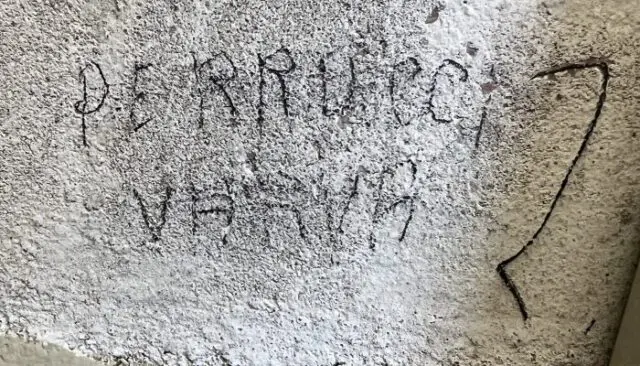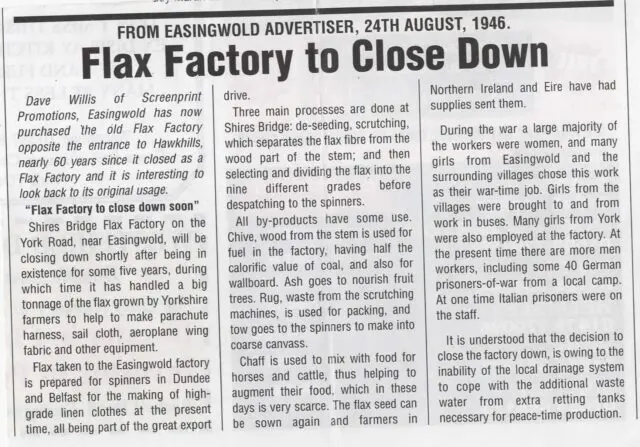Point of sale, display, graphics and signage for both indoor and outdoor use
Need help? Call us at 01347 823 230
25/09/2023
Built circa 1937, Shires Bridge Mill is located to the south side of the market town of Easingwold. The mill is sited just off the A19, that runs between Thirsk and York.
The 25,000 square foot building was built as a flax factory, by the Ministry of Supply, to assist with the war effort. Flax fibre was used to create parachute harnesses, sail cloth etc..
“During the war a large majority of the mill workers were women, and many girls from Easingwold and the surrounding villages chose this work as their war-time job. Girls from the villages were brought to and from work in buses. Many girls from York were also employed at the factory. At the present time there are more men workers, including some 40 German prisoners-of-war from a local camp. At one time Italian prisoners were on the staff. “
(Easingwold Advertiser, 24th August 1946)
An extract from the York Press advises of the location of the prisoner of war camp:
“an Italian prisoner of war from the camp where Easingwold School now stands,”
https://www.yorkpress.co.uk/news/15468578.maurice-stephenson-of-easingwold-dies-aged-89/
“Local resident Dorothy Coleman remembers working at the mill as a young woman in 1939. One of her jobs was to take water out to the fields where it was boiled up in a clothes-washing copper (in the open air) to make teas for the flax workers” Easingwold Spring Leaflet, Issue No 1, Page 3
At the end of the war, The Easingwold Advertiser wrote, 24th August 1946:
“Shires Bridge Flax Factory on the York Road, near Easingwold, will be closing down shortly after being in existence for some five years, during which time it has handled a big tonnage of the flax grown by Yorkshire farmers to help to make parachute harness, sail cloth, aeroplane fabric and other equipment.
Flax taken to the Easingwold factory is prepared for the spinners in Dundee and Belfast for the making of high-grade linen clothes at the present time, all being part of the great export drive.
Three main processes are done at Shires bridge: de-seeding, scrutching, which separates the flax fibre from the wood part of the stem; and then selecting and dividing the flax into the nine different grades before dispatching to the spinners.
All by-products have some use. Chive, wood from the stem is used for fuel in the factory, having half the calorific value of coal, and also for wallboard. Ash goes to nourish fruit trees. Rug, waste from scrutching machines, is used for packing, and tow goes to the spinners to make into coarse canvass.
Chaff is used to mix with food for horses and cattle, thus helping to augment their food, which in these days is very scarce. The flax seed can be sown again and farmers in Northern Ireland and Eire have had supplies sent them.”
“It is understood that the decision to close the factory down, is owing to the inability of the local drainage system to cope with the additional waste water from extra retting tanks necessary for peace-time production.”
Following the closure of the flax mill in 1946, the building has been home to various businesses including both a textile factory and a pickle factory.
In the 1950s it was purchased by Brandsby Agricultural Trading Association (BATA), for use as an agricultural warehouse.
In 2006, the mill and surrounding land was purchased from BATA by Shires Land and Property (Northern) Ltd and is now home to screenprintanddisplay.com , edgestickers.co.uk, Shires Self Storage, and Ridings removals.
The mill still holds evidence from the Italian prisoners of war (sent to work here from the local camp, located within a mile of the mill). Pencil drawings of battleships and writing on the walls, were preserved by the current occupants, Screenprint & Display Ltd, when the building was refurbished, the owner requested the memories be left intact, and so they will be still visible for years to come, reminding us of the history of the building.
Screenprint & Display Ltd print a vast array of head-turning point of sale (POS) displays, printed signs and graphics for brands, retailers, manufacturers & organisations throughout the UK. The company employs a team of circa 20 employees and offers both traditional screen printing and modern-day digital print services.
Shires Bridge Mill is now part of the flourishing Shires Bridge Business Park, which is a hive of local businesses, providing employment for the surrounding area.
If you have further information or photographs of days gone by at the mill, please email [email protected]
